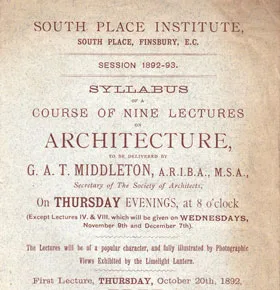
Ethical Society Lectures
Conway Hall Ethical Society has been hosting and arranging courses of lectures since the late nineteenth century. Here are come early examples of lecture series on offer between 1890 and 1900.
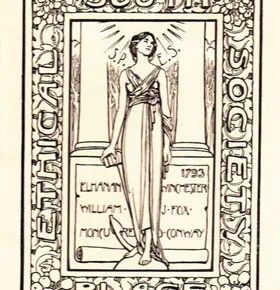
Book plate from inside the 1824-1924 Centenary Souvenir Annual of South Place Ethical Society
A beautiful book plate from inside the 1824-1924 Centenary Souvenir Annual of South Place Ethical Society.
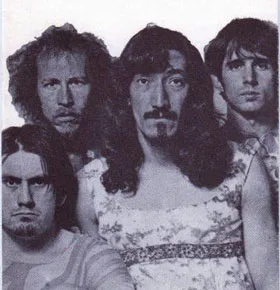
Conway Hall Ethical Society links
As part of the wider Humanist movement, Conway Hall Ethical Society has always forged links with similar societies.
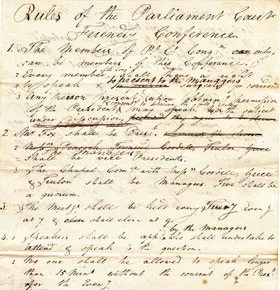
“A duty of free enquiry”
The charismatic William Johnson Fox, Minister of Parliament Court Chapel and South Place Chapel (forerunners of Conway Hall Ethical Society) addressed his radical congregation on 27 March 1842.
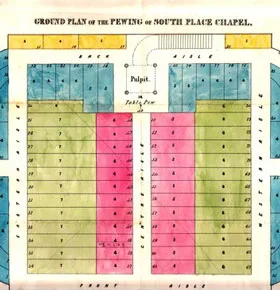
South Place pioneering congregation
This colourful diagram of the seating in South Place Chapel from Conway Hall Ethical Society archives is just one of the ways to identify the early members of the pioneering congregation at South Place.
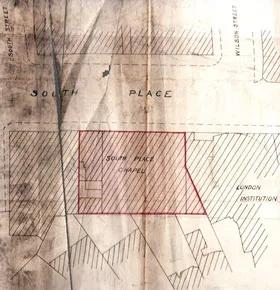
Old London – South Place
Now the location of Finsbury Circus House, (opposite South Place Hotel), this 1820s plan gives a fascinating glimpse into old London by revealing the exact location of South Place Chapel (later, South Place Ethical Society).
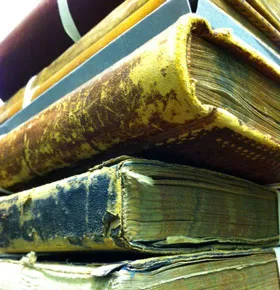
The minute books created by the predecessors of CHES
Here are just few of the minute books created by the predecessors of CHES. The minutes start in 1807 and trace the evolution of the ethical movement from a congregation of Unitarians and Presbyterians to the humanist membership of the Society today.
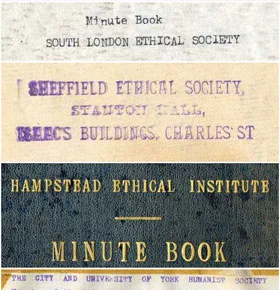
The records of the Ethical Union and British Humanist Association
As well as the records of the Ethical Union and British Humanist Association, the archive (held by Bishopsgate Institute) also contains material of affiliated humanist groups.
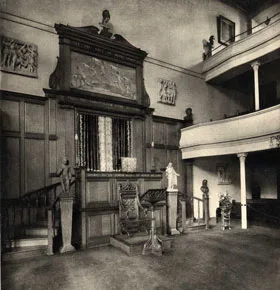
The Ethical Church, Queensway, Bayswater
The Ethical Church, Queensway, Bayswater, was established in the late 1890s by Dr Stanton Coit, founder of the West London Ethical Society and a prominent figure in the Ethical Movement. Coit hoped that his Church would be the first of many ‘ethical churches’ and act as encouragement to other established churches (ie. the Church of England), to move away from religious teaching.